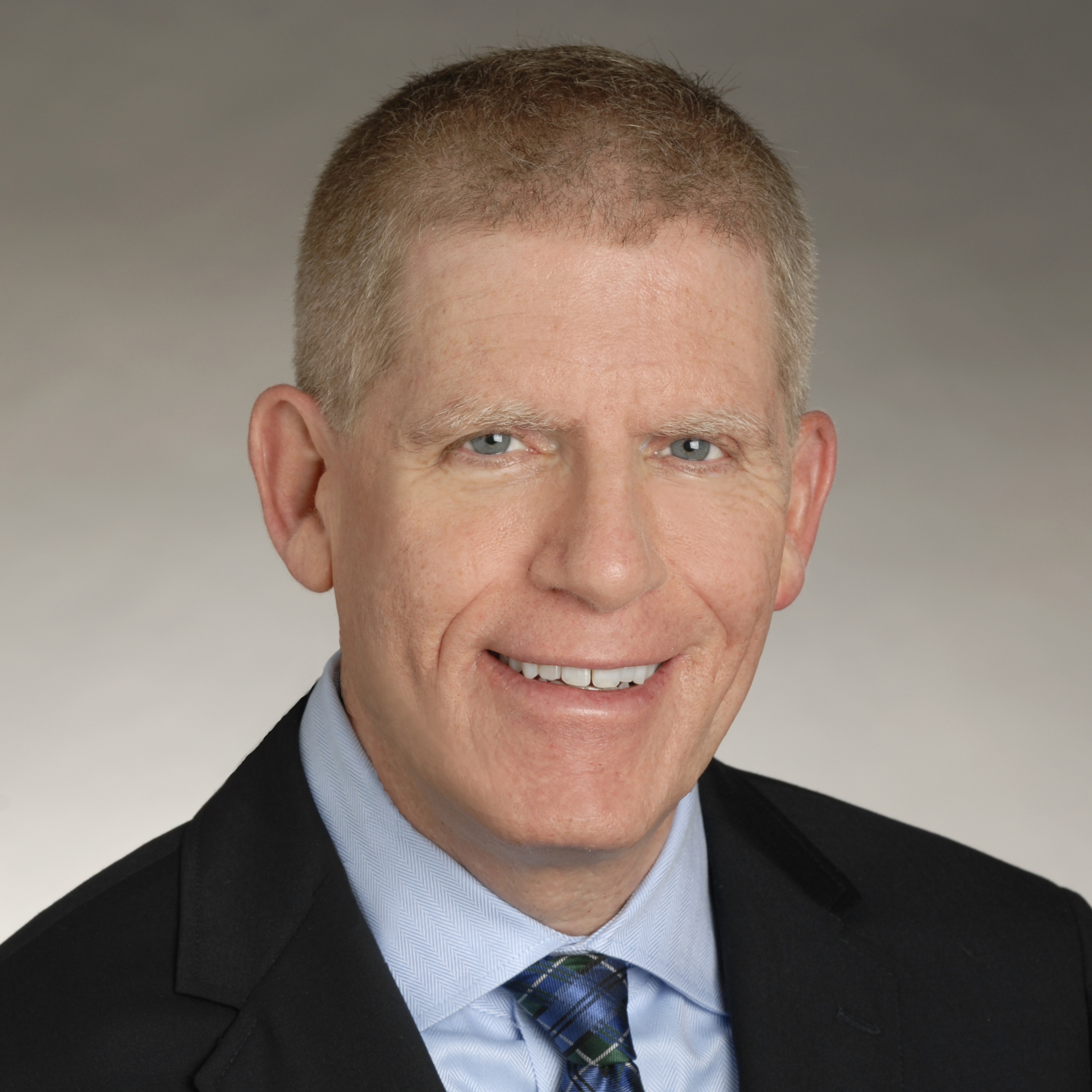
CPA - medium firm
CPA - large firm
Other
One of the advantages of participating in a high deductible health plan is the ability to open a Health Savings Account (HSA). Although HSAs have numerous tax advantages, it is easy to inadvertently fail to satisfy the requirements for an HSA and possibly miss out on these benefits. In addition, the often complex employer health care offerings, which may include flexible spending accounts (FSAs) and health reimbursement arrangements (HRAs) can make it difficult to determine when an employee is eligible to participate in an HSA.
This course will help health plan administrators navigate this sometimes treacherous terrain.
Course Objectives:
- Establishment of HSAs for participants in high deductible health plans (HDHPs).
- Tax advantages of HSAs.
- Who may contribute to an HSA, and whether the employer may make contributions.
- What benefits can be paid from an HSA and when.
- Maximum HSA contribution limits for 2018.
- How participation in a flexible spending account (FSA) or health reimbursement arrangement (HSA) can impact HSA eligibility.
- Whether and how Medicare or VA eligibility affect HSA eligibility.
- “Comparability” requirements for employer contributions.
- What to do if a participant or employer over-contributes to an employee’s HSA.
- Impact of ERISA fiduciary requirements on HSAs.

Robert J. Lowe
Mitchell Silberberg & Knupp LLP
Partner
[email protected]
(310) 312-2000
Robert J. Lowe is a partner in the Los Angeles office of Mitchell Silberberg & Knupp LLP, where he heads the employee benefits and executive compensation practice. His practice includes all areas of employee benefits and executive compensation, including qualified and non-qualified retirement plans; multiemployer pension and health plans; benefit plan issues in mergers and acquisitions; benefit plan investments in venture capital and real estate; equity incentive and nonqualified deferred compensation plans; group health plans including cafeteria plans and COBRA; benefit plans and executive compensation arrangements for employees of tax-exempt entities; income and estate tax planning for receipt of large distributions from retirement plans; and negotiating and drafting executive employment agreements.
Bob received his law degree from the University of California, Berkeley (Boalt Hall) and his undergraduate degree from the State University of New York at Binghamton. Bob has written many articles and frequently speaks on employee benefits issues.
MSK “innovates like a startup, but commands a courtroom like the biggest firms.” It goes beyond simply practicing law, often creating it as it tackles the most cutting-edge issues.



